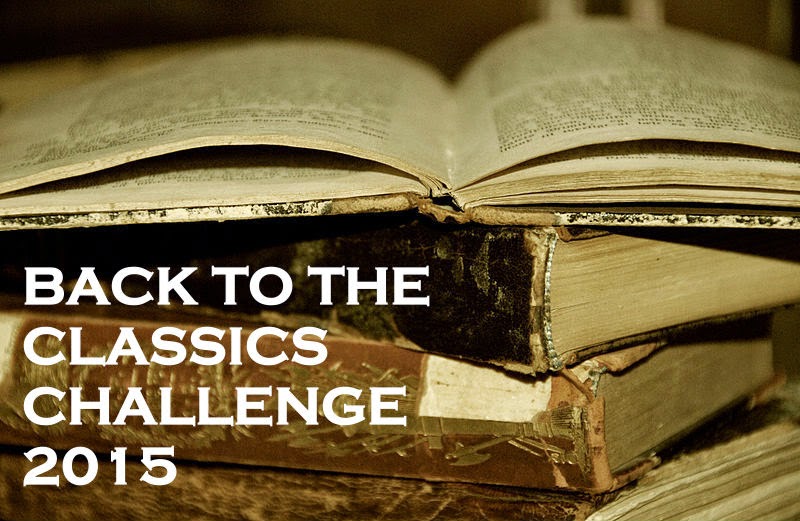
"You have been given questions to which you cannot be given answers. You will have to live them out - perhaps a little at a time."
Community. It is a word that very few of us understand in today's hurried modern life. Though we communicate more and more through television, social media, and the internet, we do not connect on an intimate level. The days of neighbors REALLY knowing their neighbors is a thing of the past, even in some of America's smallest communities. It is those days that American author Wendell Berry hearkens back to in his collection of novels centering around the lives of the members of the fictional community of Port William, Kentucky. In his 2000 novel Jayber Crow, Berry gives us a glimpse of this bygone era through the eyes of the community barber, who is at once a part of the community and outside of it.
The Plot:
This is the life story of Jonah "Jayber" Crow. Orphaned at a young age and raised at a river landing in Kentucky by relatives, Jayber is just beginning to learn what it means to belong somewhere when death again forces him to move on. After years spent at a charity institution, a seminary, and doing odd jobs, he finally finds his calling as a barber. That calling is completed when through chance (or providence), he finds his way back to the town not far from where he grew up, Port William.
As he spends his days cutting the hair of the men of Port William, Jayber gains a unique perspective on life in the small farming community. From friendly Burley Coulter and snobby Cecelia Overhold, to traditional farmer Athey Keith and his modern-thinking son-in-law Troy Chatham, the members of the Port William community are as varied and colorful as could be. As the years pass, time and modernity take it's toll on the community, and Jayber Crow must watch the things that have meant the most to him come to an end, one by one.
My Review (Caution-Spoilers):
There is a notice given by Berry at the beginning of this novel that reads as follows: "Persons attempting to find a 'text' in this book will be prosecuted; perons attempting to find a 'subtext' in it will be banished; persons attempting to explain, interpret, explicate, analyze, deconstruct, or otherwise 'understand' it will be exiled to a desert island in the company only of other explainers. By order of the author." Thus, it is with some trepidation that I write a review of this book.
I first heard about Wendell Berry through the many recommendations over at The Rabbit Room where he is one of their more revered authors. That makes lots of sense, since Berry, like that website, places a lot of emphasis on community. Not the "we've got 2,000 friends on Facebook" kind, but the intimate, raw, and beautiful kind. Though Port William is far from the perfect place (there's plenty of lawlessness, immorality, and hurt going on), it still has much to recommend it. The closeness of it's people and the idea that what affects one member affects them all create an intimacy that few of us know today. Jayber himself might have the best perspective of the place. Though he is hard-working member of the community, as a bachelor, he is somewhat outside as well. He is well-involved in all of the public dramas, but as far as the personal ones he is left outside looking in.
But the loss of community is not all that Berry deals with throughout the novel. The destruction of war, the end of traditional farming, and the ever-growing dependence on debt are all touched on. But it is in his role as conservationist that Berry truly waxes poetic. Kentucky as it once was is given lots of space, and one cannot help but feel a connection with it, even if you have never been there. Many reviewers have stated that reading Berry's works have made them want to sell everything and find a piece of "heaven on earth" for themselves. Of course, the beauty the Berry describes is no longer there, for the preservation of community and of nature go hand in hand. Once the community of Port William begins to disintegrate, so do the natural wonders that surround it. It is this idea that ultimately gives Jayber Crow its bittersweetness.
So what was my overall impression of this work? It was fairly good, but I'm not enamored with it. I couldn't help but compare it with my impression of Gilead by Marilynne Robinson, which I absolutely loved. While a worthwhile read, it won't be going on my "favorites" list. If this kind of book piques your interest, then you should definitely read it...but I wouldn't throw it out there as a must-read. Satisfying, but not what I would call delicious.
The Plot:
This is the life story of Jonah "Jayber" Crow. Orphaned at a young age and raised at a river landing in Kentucky by relatives, Jayber is just beginning to learn what it means to belong somewhere when death again forces him to move on. After years spent at a charity institution, a seminary, and doing odd jobs, he finally finds his calling as a barber. That calling is completed when through chance (or providence), he finds his way back to the town not far from where he grew up, Port William.
As he spends his days cutting the hair of the men of Port William, Jayber gains a unique perspective on life in the small farming community. From friendly Burley Coulter and snobby Cecelia Overhold, to traditional farmer Athey Keith and his modern-thinking son-in-law Troy Chatham, the members of the Port William community are as varied and colorful as could be. As the years pass, time and modernity take it's toll on the community, and Jayber Crow must watch the things that have meant the most to him come to an end, one by one.
My Review (Caution-Spoilers):
There is a notice given by Berry at the beginning of this novel that reads as follows: "Persons attempting to find a 'text' in this book will be prosecuted; perons attempting to find a 'subtext' in it will be banished; persons attempting to explain, interpret, explicate, analyze, deconstruct, or otherwise 'understand' it will be exiled to a desert island in the company only of other explainers. By order of the author." Thus, it is with some trepidation that I write a review of this book.
I first heard about Wendell Berry through the many recommendations over at The Rabbit Room where he is one of their more revered authors. That makes lots of sense, since Berry, like that website, places a lot of emphasis on community. Not the "we've got 2,000 friends on Facebook" kind, but the intimate, raw, and beautiful kind. Though Port William is far from the perfect place (there's plenty of lawlessness, immorality, and hurt going on), it still has much to recommend it. The closeness of it's people and the idea that what affects one member affects them all create an intimacy that few of us know today. Jayber himself might have the best perspective of the place. Though he is hard-working member of the community, as a bachelor, he is somewhat outside as well. He is well-involved in all of the public dramas, but as far as the personal ones he is left outside looking in.
But the loss of community is not all that Berry deals with throughout the novel. The destruction of war, the end of traditional farming, and the ever-growing dependence on debt are all touched on. But it is in his role as conservationist that Berry truly waxes poetic. Kentucky as it once was is given lots of space, and one cannot help but feel a connection with it, even if you have never been there. Many reviewers have stated that reading Berry's works have made them want to sell everything and find a piece of "heaven on earth" for themselves. Of course, the beauty the Berry describes is no longer there, for the preservation of community and of nature go hand in hand. Once the community of Port William begins to disintegrate, so do the natural wonders that surround it. It is this idea that ultimately gives Jayber Crow its bittersweetness.
So what was my overall impression of this work? It was fairly good, but I'm not enamored with it. I couldn't help but compare it with my impression of Gilead by Marilynne Robinson, which I absolutely loved. While a worthwhile read, it won't be going on my "favorites" list. If this kind of book piques your interest, then you should definitely read it...but I wouldn't throw it out there as a must-read. Satisfying, but not what I would call delicious.
















1 comment:
I've only read one Wendell Berry book, That Distant Land, but it was one of my all-time favorite books. Jayber Crow is on my shelf to read later. Thanks for the review.
Post a Comment